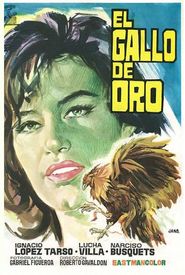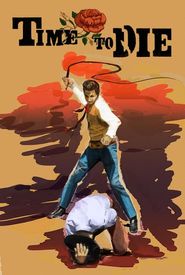Carlos Fuentes Macías, a celebrated Mexican literary figure, entered this world on November 11, 1928, and left an indelible mark on the world of literature before departing this mortal coil on May 15, 2012. Throughout his illustrious career, Fuentes penned a vast array of literary masterpieces, with his impressive bibliography boasting a plethora of notable works, including the 1962 publications of The Death of Artemio Cruz and Aura, two novels that solidified his reputation as a master of the craft.
Carlos Fuentes was universally acclaimed as one of the most revered and respected writers in the entire Spanish-speaking world, his literary prowess and innovative style leaving an indelible mark on the cultural landscape of Latin America. As a key figure in the Latin American Boom, a pivotal and transformative period in the region's literary history that spanned the 1960s and 1970s, Fuentes' influence was profound and far-reaching. The esteemed publication, The New York Times, paid tribute to his passing by acknowledging him as a vital and important figure in this literary movement, while The Guardian, in a glowing obituary, hailed him as Mexico's most celebrated and renowned novelist, a testament to his enduring legacy and impact on the world of literature.
Carlos Fuentes, a literary luminary of great renown, was the recipient of a plethora of esteemed honors throughout his distinguished career. His impressive résumé boasts the Miguel de Cervantes Prize, a coveted accolade in the world of Spanish literature, as well as Mexico's highest award, the Belisario Domínguez Medal of Honor, which he was honored to receive in 1999. Despite being a perennial contender, Fuentes was, unfortunately, never awarded the Nobel Prize in Literature, a distinction that eluded him despite his numerous nominations.




























